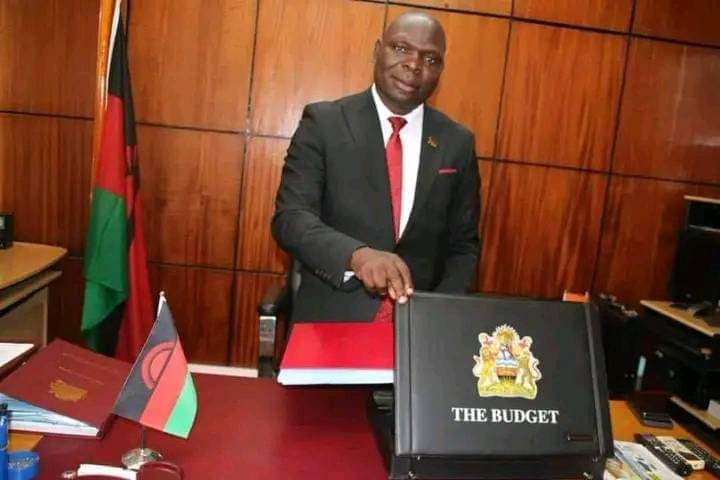By Burnett Munthali
At the peak of national desperation created by an acute food shortage and the 44 percent devaluation in November 2023, President Lazarus Chakwera in February 2024 spoke hope in his State of the Nation Address (Sona) in Parliament. Chakwera said the economic pain that Malawians were going through was because of a combined effect of geopolitical factors; over 20 years of public policies that have effectively destroyed Malawi’s production and manufacturing as well as four devastating cyclones that hit Malawi over the past four years.
He said despite the anxiety, there were clear signs that the economy was recovering and that it was time to use that progress to achieve even greater and faster progress. Among others, Chakwera said the fact that the country’s Human Development Index (HDI) moved up five steps from position 174 to position 169 meant recovery was happening.
Chakwera further said the fact that Malawi made advances in five different Sustainable Development Goals (SDGs) means recovery is happening. He added that the fact that food inflation has been going down for several weeks and is set to go down further when harvesting starts is cause for optimism.

The economy on the ground
According to Economic Intelligence Unit (eiu) Malawi’s economic outlook remains highly uncertain. In 2024-25 the economy will remain saddled with still-high inflation (albeit declining), and exchange-rate instability (following a large currency devaluation of 44% in late 2023). The expected impact of the El Niño weather event event in early 2024 will weigh on agriculture, but growth will accelerate, driven by development finance (towards infrastructure), which will be catalysed by an IMF extended credit facility that was approved in late 2023. The government is pursuing debt restructuring to keep funding taps open. Endemic corruption, a rising rate of poverty and limited economic opportunities will provoke public protests in 2024. Despite social instability, GDP growth will accelerate from 2024 as output in the mining sector improves.
The World Bank report says Malawi’s economy continues to be significantly weakened by frequent exogenous shocks coupled with macro-fiscal imbalances. Growth is projected to increase in 2023 to 1.6% as electricity supply improves, compared to 0.9% in 2022. However, severe, and persistent shortages of foreign exchange continue to subdue growth.
The economy of Malawi was $7.522 billion by gross domestic product as of 2019, and is predominantly agricultural, with about 80% of the population living in rural areas. Malawi ranks among the world’s least developed countries. In 2017, agriculture accounted for about one-third of GDP and about 80% of export revenue. The economy depends on substantial inflows of economic assistance from the IMF, the World Bank, and individual donor nations. The government faces strong challenges: to spur exports, to improve educational and health facilities, to face up to environmental problems of deforestation and erosion, and to deal with the problem of HIV/AIDS. Malawi is a least developed country according to United Nations.
Worldwide gross domestic product in 2022 was at about 12,703 USD per capita. GDP in Malawi, on the other hand, reached USD 645 per capita, or 13.16 billion USD for the whole country. Malawi is one of the smaller economies and is currently ranked 142.
The 2023 Corruption Perception Index released by Transparency International shows that Malawi’s performance has remained constant on corruption scores. The report shows that Malawi has scored 34 out of 100 points and has been ranked 115 out of 180 countries that have been assessed. In 2022, Malawi scored 34 out of 100 points and was ranked 110 out of 180 countries and territories that were assessed.
The Nation in early February 2023 reported that Malawi had slightly moved from 35 to 34 points on Transparency International (TI) 2022 Corruption Perceptions Index, but maintained position 110 out of 180 countries assessed. The assessment, according to the TI statement released on January 30, meant that despite several efforts, the country remained highly corrupt.
Main challenges hampering progress for Malawi and other countries in sub-Saharan Africa included lack of integrity among the political elite, failure to deal with procurement flaws and sanction as well as prosecute any abuses of funds for emergencies like COVID-19 recovery funds, according to the report.
Reads part of the report: “Criminals are often aided by the complicity of corrupt public officials, police officers, prosecutors and judges, which allows them to operate with impunity.


